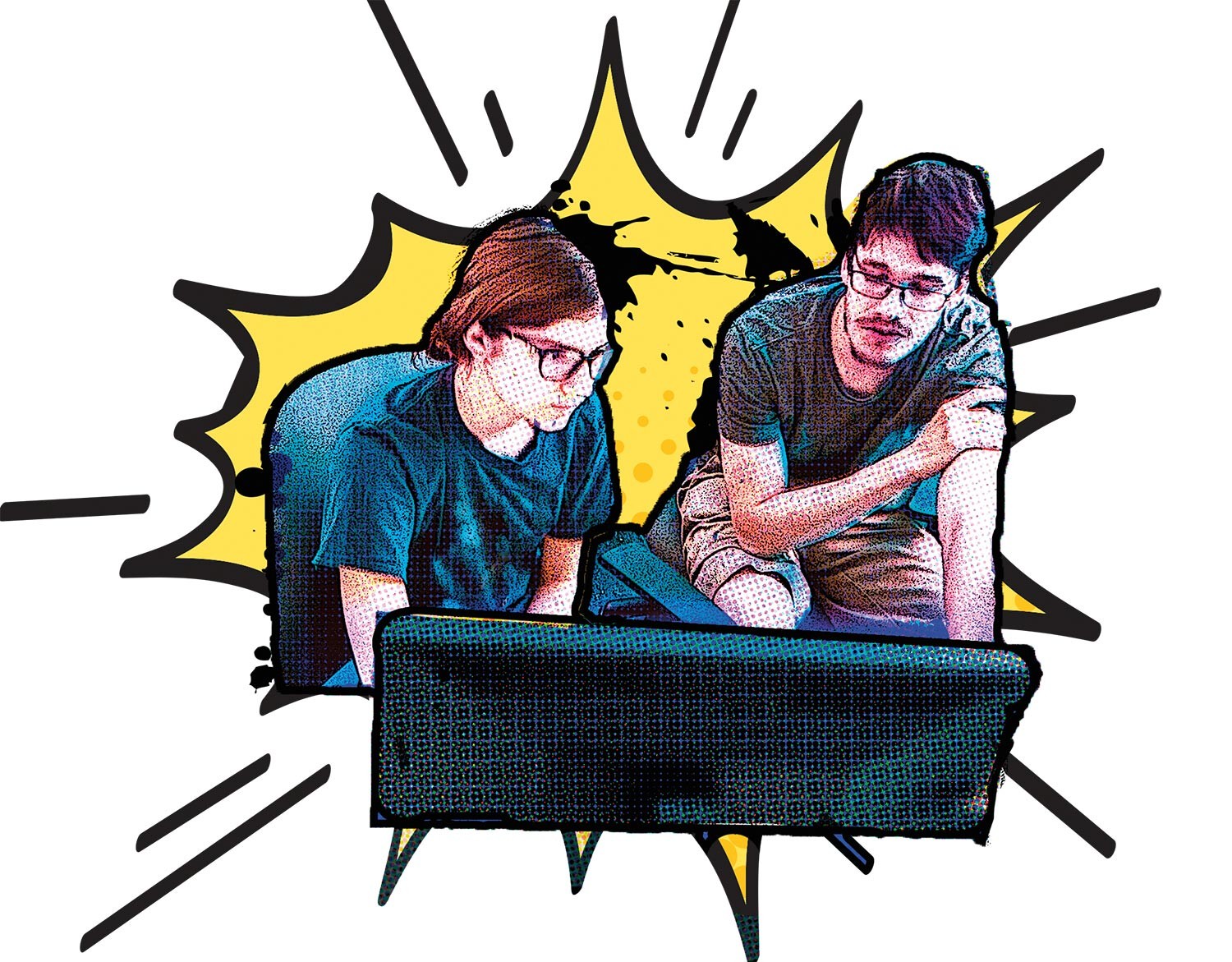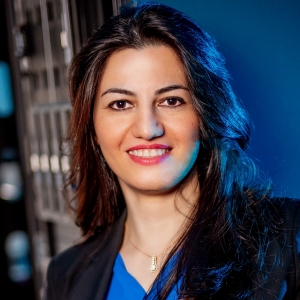As a child, Paria Shirani, a sixth-year PhD candidate at the Security Research Centre, loved solving problems, building puzzles and decrypting brain-teasers. She sees many similarities between these childhood pastimes and her current cybersecurity research.
“Even if you’re an attacker, you need to have critical thinking or an innovative mind to infiltrate the system,” Shirani says. “Meanwhile, security experts have to be able to generate ideas, know how hackers are thinking and harden the security.”
Shirani’s work focuses on the smart grid and the different devices that communicate within it. She thinks this research area has recently garnered more attention from governments and media outlets because people have started to realize that attacks do happen — and at significant costs.
A 2015 report by Lloyd’s and the Centre for Risk Studies at the University of Cambridge found that the total economic loss of a large-scale cyberattack on the U.S. power grid could range from $243 billion to $1 trillion. Research by Accenture and the Ponemon Institute suggests that cyberattacks cost firms based in Canada an average of $12 million in 2018. “The cost is too much to the economy, and it has other effects, including the safety and security of people,” Shirani says.
“Different devices generate electricity and distribute it to various customers. Our research focuses on analyzing the codes inside these devices to prevent attacks in the smart grid or any other IT-related systems.”
This summer, Shirani is heading to Carnegie Mellon University in Pittsburgh, Pa., as part of a NSERC postdoctoral fellowship. Her recent successes also include the creation of a new security framework, called BinARM, an accurate and scalable approach to detecting vulnerable functions in intelligent electronic devices in smart grids. She presented at the 15th International Conference on Detection of Intrusions and Malware, and Vulnerability Assessment in June 2018.
Despite her many achievements, Shirani simply hopes her work will help people feel more secure in digital environments. “I always prefer conducting research and contributing to society in ways that are beneficial to people,” she says.
 “If you’re interested in security, Concordia is definitely the place you want to go,” says Olivier Cabana (right).
“If you’re interested in security, Concordia is definitely the place you want to go,” says Olivier Cabana (right).
 Paria Shirani
Paria Shirani